There's no doubt you've heard the old saying, "When life gives you lemons, make lemonade." The phrase was penned in an obituary to a dwarf actor in 1915 by an anarchist named Elbert Hubbard, who lost his life five months later aboard the RMS Lusitania when it was torpedoed by a German submarine.
Sorry, I got a little sidetracked by how badass this guy was. Though, I guess he wasn't quite badass enough to know that while, sure, you can make lemonade out of lemons, you can also start a goddamn fire.
*Puts on tinfoil hat.
Unless Hubbard did know that you could start a fire with a lemon, and he used it to sabotage the Lusitania in an attempt to drag the United States into World War I hoping to cripple the federal government and send the country into a state of lawless anarchy. Think about it...
*Removes tinfoil hat.
Yeah, probably not. Anyways, let's check out this video from YouTuber NorthSurvival, who was savvy enough not only to make fire with a lemon, but also to actually find a lemon in the Russian woods with which to make said fire.
Keep in mind that there's probably a very low chance that you'll have the necessary materials to start a fire with a lemon if you're stuck out in the wild. If you're actually in danger, you'd be better off trying to start a fire the old-fashioned way.
Warning
Just a quick reminder that fire is dangerous, so please don't use this tutorial for anything nefarious or stupid.
What You'll Need
- one lemon
- six copper fasteners (aka brads)
- six zinc nails
- wire
- wire cutter (optional, but will make it much easier)
- steel wool
Soften Up the Lemon
First, you're going to want to roll the lemon around in your palms for a minute or so to get it loosened up. This will help you insert the clips and nails into the lemon in the next step. (It's also a good way to get more juice out of a lemon, should you ever need it.)
The lemon won't conduct electricity if it's frozen, so you can roll it around in your hands for a bit longer to try and thaw it out. But if it's frozen solid, there's probably not going to be a whole lot you can do with it if you're using this method to survive.

Insert the Copper Fasteners
Next, you're going to push the copper brads into the lemon. You want them in a line going longways, and keep them about a centimeter apart from each other. Make sure you only push the brads in about halfway so you've got room to attach the wire.

Insert the Zinc Nails
Now you're going to put the zinc nails into the lemon, about an inch away from the copper brads. You want your nails in the same arrangement, so that each brad has one nail directly facing it, and vice versa.
Also, make sure that the brads and nails aren't touching each other inside of the lemon.

Connect the Fasteners & Nails
Okay, to make this easier, we're going to label each brad and each nail from 1 to 6. Brads are red, and nails are blue. For the purposes of this tutorial, from here on we'll refer to specific brads and nails as R1 (red 1), B1 (blue 1), and so forth.

We'll be connecting five of the brads to five of the nails—the remaining brad and nail will be used as our battery terminals.
If you do have a wire cutter handy, you're going to want to cut five lengths of wire that are about an inch longer than the distance between two diagonal brads and nails—for instance, R1 and B2.
Take the first length of wire and attach it to R1, and then wrap it around B2. The second length of wire will be attached to R2, then connected to B3. You should see the pattern emerging, but let's have a look at which brads should be connected to which nails.

Connect the Terminals
Now that the brads and nails are connected, we need to attach a wire to the remaining brad and nail. Make sure this length of wire is considerably longer. It doesn't really matter for the purpose of starting a fire, but the copper brad is the positive charge, and the zinc nail is the negative.

Now, connect one wire to R6, and one wire to B1. The lemon should be producing about five volts of electricity. If you feel like going a little more in-depth, the lemon should be giving off enough voltage to let you power a clock, too.

Here's a look with the wires connected to the terminals.
Place Dry Tinder on Steel Wool
Now that we've got a charge, we need something to catch on fire. Place the steel wool on the ground, and top it with some dry kindling. NorthSurvival used toilet paper, but you can also use things like small sticks, dry grass, shaved bark—anything else that will quickly catch fire.

Place Wires on Steel Wool
Now you just need to place the wires on the steel wool to complete the circuit. This will heat the steel wool to red hot, which will in turn catch your tinder on fire. If you're trying to sustain your fire, it's a good idea to have sticks and other combustible material around to add to your flame, as the kindling will burn off quickly.

There you have it, you've created fire using a lemon. Now all that's left to do is boast about it like Tom Hanks did in Cast Away.
Follow WonderHowTo on Facebook or Twitter, and Google+ for more fun tips and tricks.




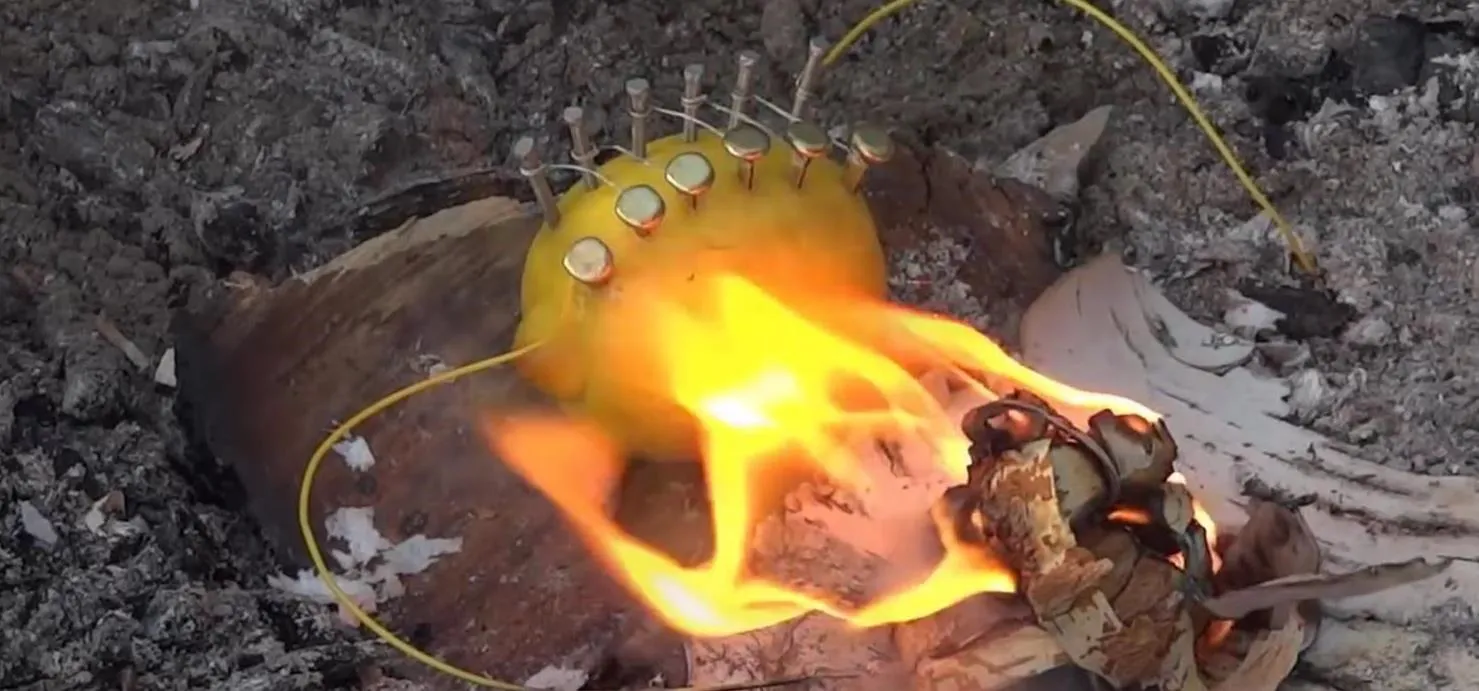
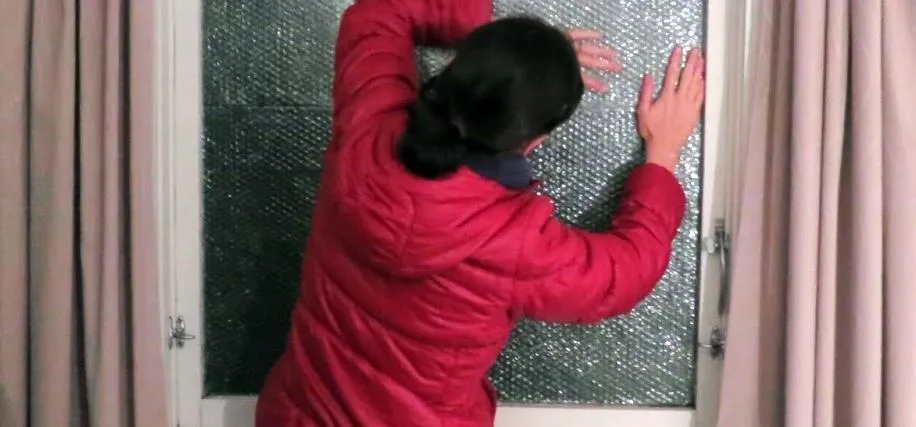
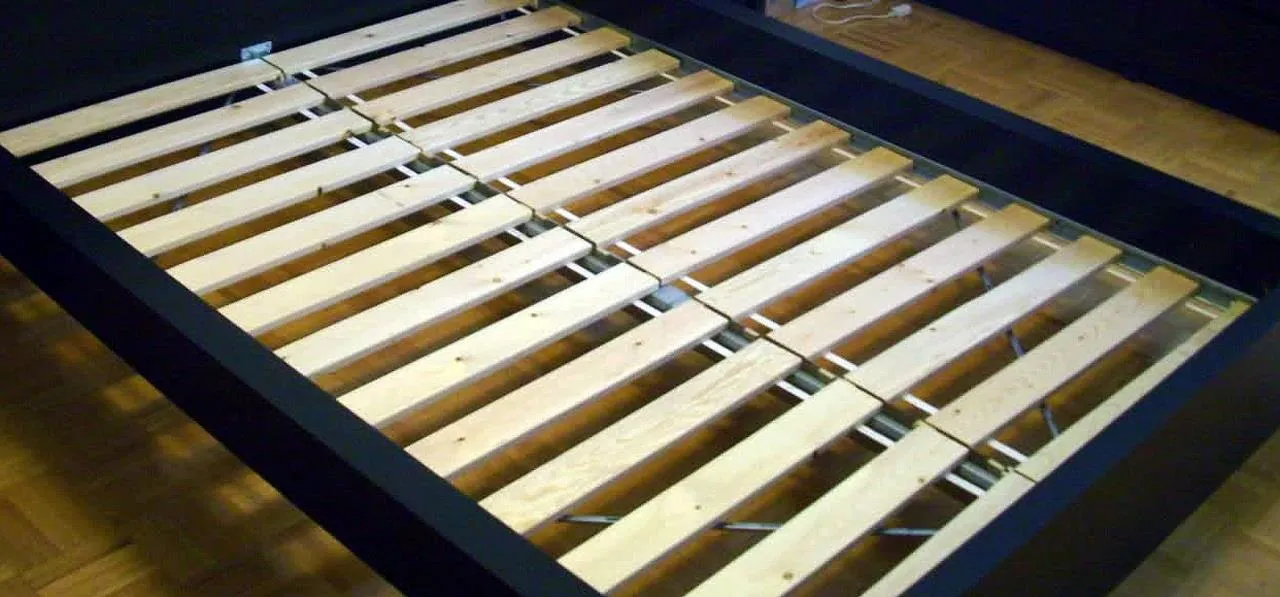



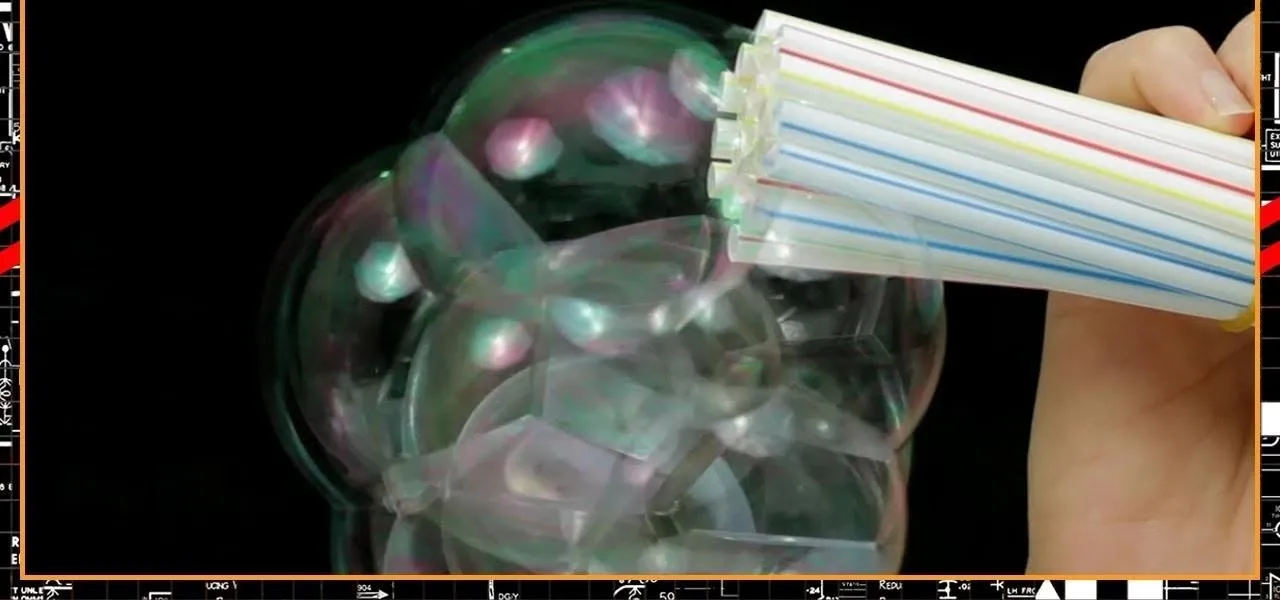
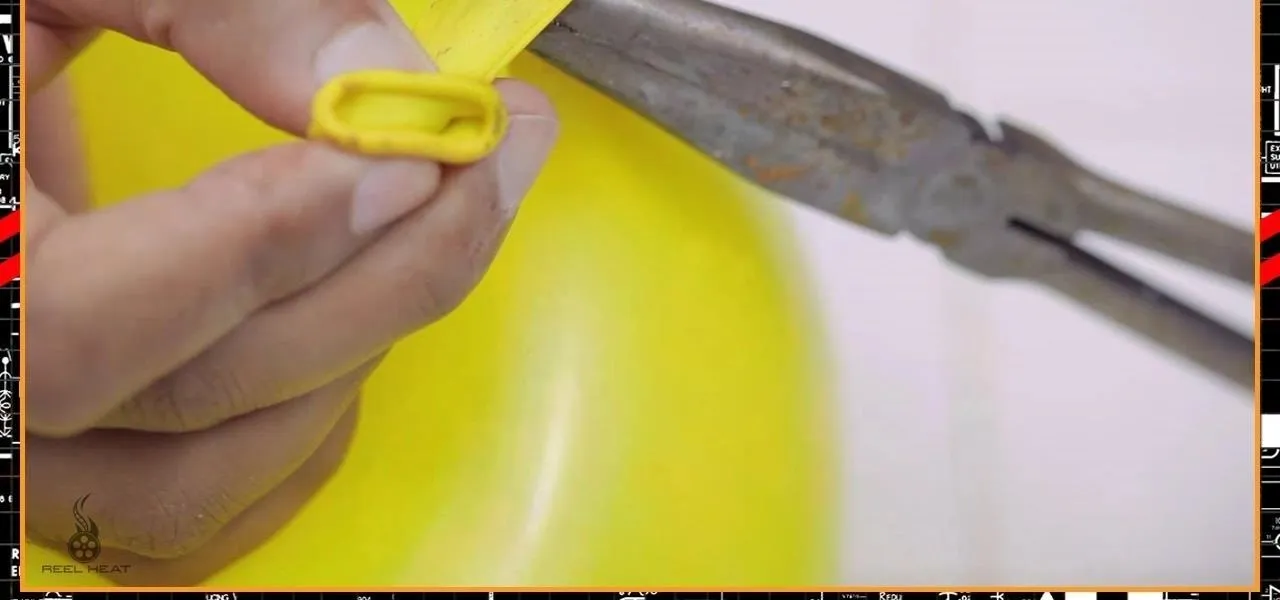

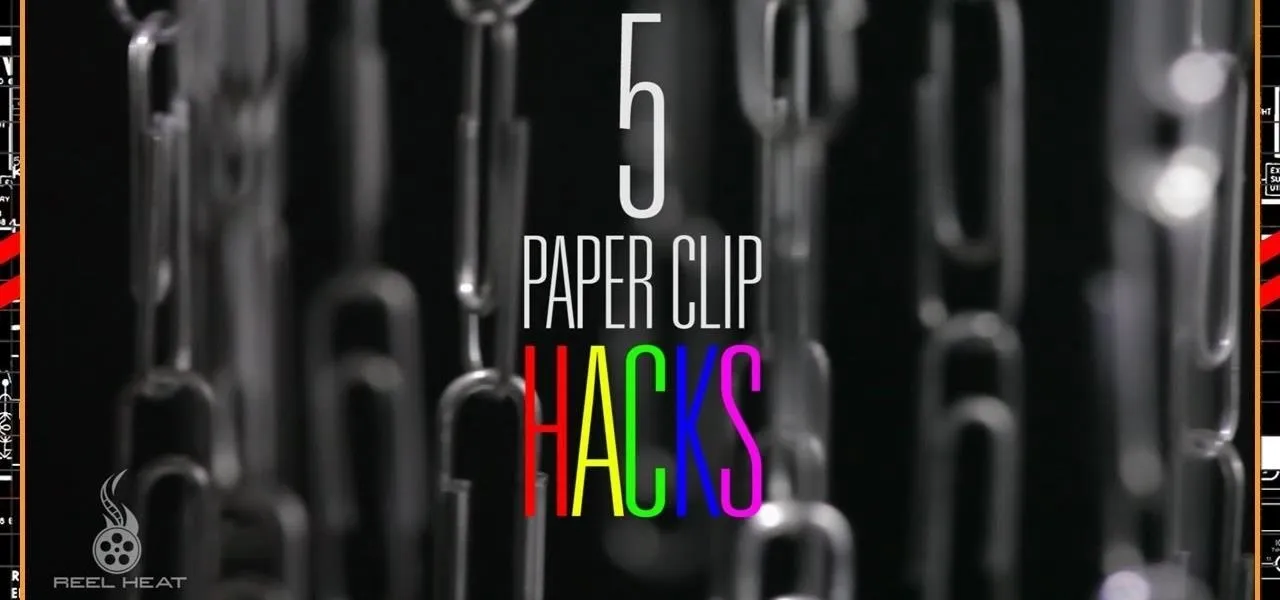
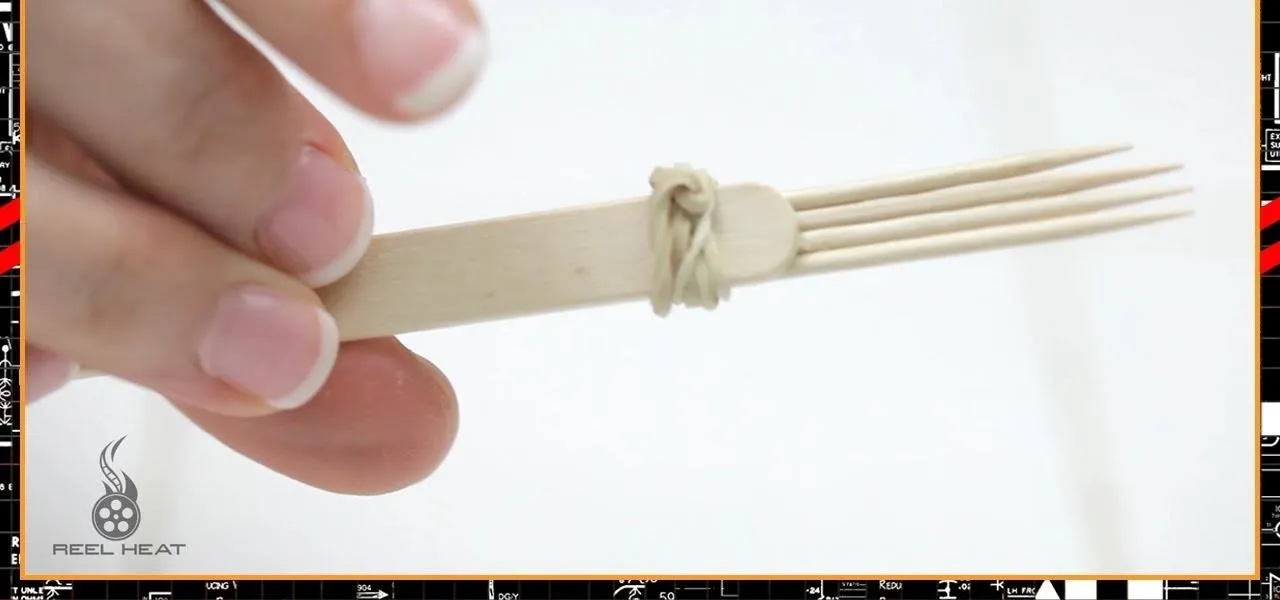

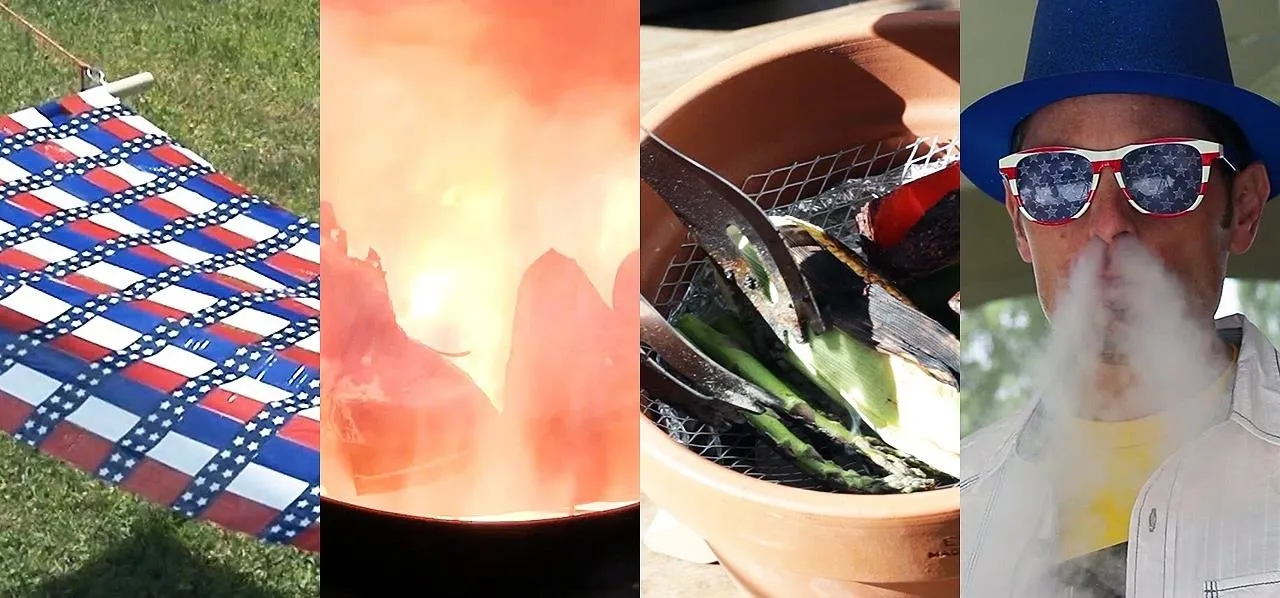


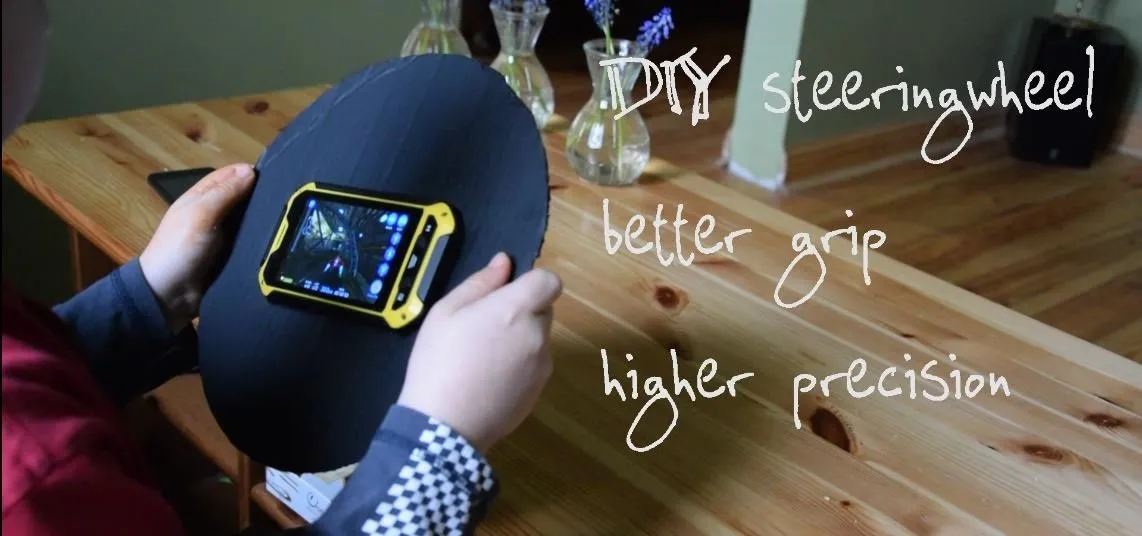


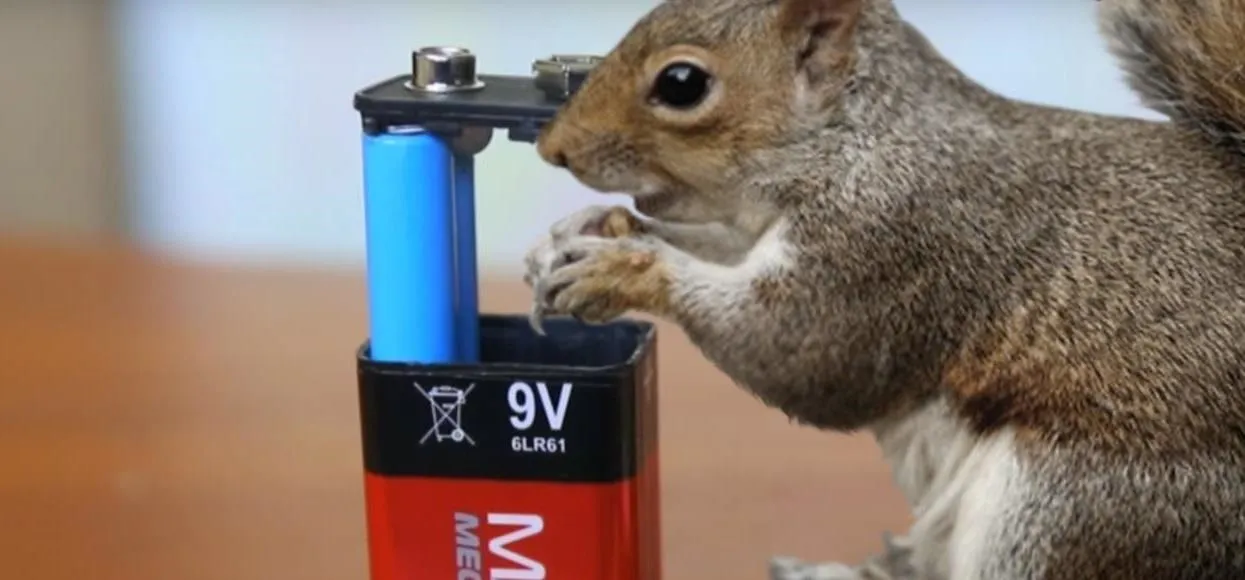

Comments
Be the first, drop a comment!